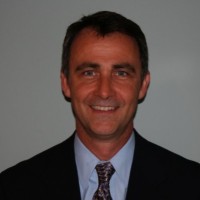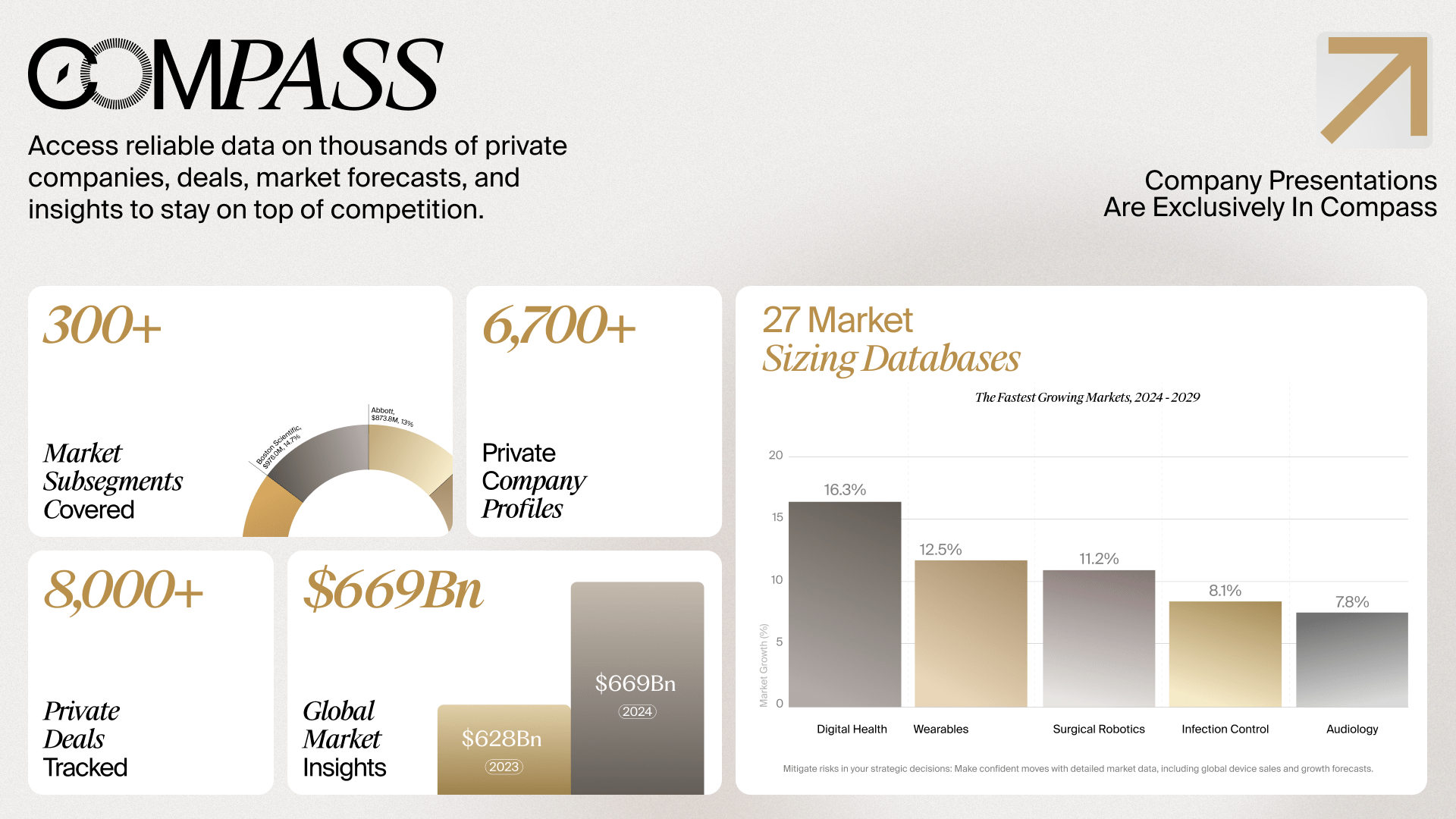- Video Library
- FAST Biomedical | Joe Muldoon, CEO
FAST Biomedical | Joe Muldoon, CEO
shaping the future of
Medtech at LSI USA ‘26
Waldorf Astoria, Monarch Beach

Joseph Muldoon
Joe leverages 30 years of experience, from technology start-up organizations to publicly traded multi-national companies. He has worked with many high-growth entrepreneurial companies, occasionally serving as Angel Investor and CEO. Joe has advised select medical technology companies, including TGX Medical, Vasc-Alert, Trust Bearer Labs, and Geist Pharmaceuticals. Previously, he was President and CEO of FirstMile Technologies, a start-up broadband provider he led through its sale. Prior to that, he served as President of Brightpoint North America, a publicly traded Fortune 500 wireless company that grew to $750MM under his leadership. He has also held executive general management positions at MacMillan. He started his career as a CPA in Ernst & Young’s Entrepreneurial Services practice. Joe has a Bachelor of Science in Business from Indiana University’s Kelley School of Business, where he is a panelist for various MBA programs.
Joseph Muldoon
Joe leverages 30 years of experience, from technology start-up organizations to publicly traded multi-national companies. He has worked with many high-growth entrepreneurial companies, occasionally serving as Angel Investor and CEO. Joe has advised select medical technology companies, including TGX Medical, Vasc-Alert, Trust Bearer Labs, and Geist Pharmaceuticals. Previously, he was President and CEO of FirstMile Technologies, a start-up broadband provider he led through its sale. Prior to that, he served as President of Brightpoint North America, a publicly traded Fortune 500 wireless company that grew to $750MM under his leadership. He has also held executive general management positions at MacMillan. He started his career as a CPA in Ernst & Young’s Entrepreneurial Services practice. Joe has a Bachelor of Science in Business from Indiana University’s Kelley School of Business, where he is a panelist for various MBA programs.

17011 Beach Blvd, Suite 500 Huntington Beach, CA 92647
714-847-3540© 2026 Life Science Intelligence, Inc., All Rights Reserved. | Privacy Policy







